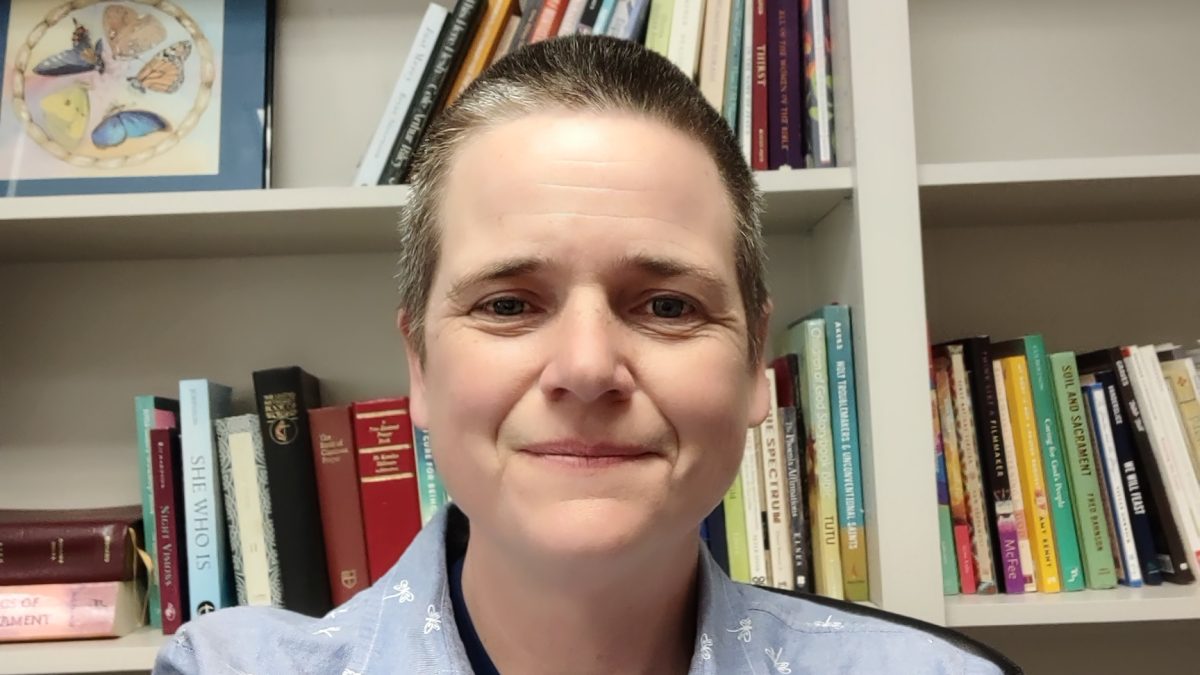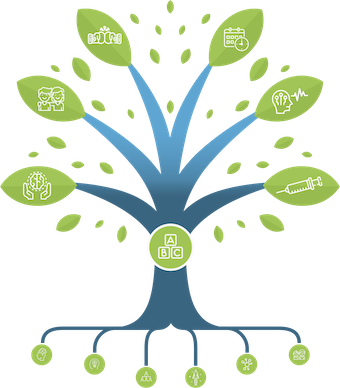Life with Cluster Headaches – Karen’s Story
Karen has been living with cluster headaches and experiencing their debilitating effects for more than 18 years. Despite the employment and social barriers she has faced, Karen has not let her diagnosis control her life. In sharing her story, Karen hopes to connect with others who experience, or have experienced, cluster headaches and help to build greater awareness, understanding, and support.
Karen’s Cluster Headache Experience
Karen’s experience with cluster headaches began when she was 25 years old. At the age of 43, she still lives with them. Karen explains her cluster headaches to be severely debilitating and painful, with the condition feeling like a “one-sided headache” in and around her eyes that feels like an “almost stabbing pain.” The cluster headaches come on suddenly. During an attack, Karen feels extremely agitated and unable to remain still without worsening the pain of the attack. The attack is visible, as her face becomes red on the side of the attack, and her eye is teary and squinty. Karen describes the condition of her eye to be in a state of ptosis.
As the attacks became more frequent and increased in severity, Karen worked to understand the possible triggers in order to potentially avoid a flare-up of her attacks. She was able to identify consuming alcohol as a trigger and gave up drinking alcohol to reduce the attacks. She still has cluster headaches, and has not been able to determine other possible triggers.
Barriers Leading to Ineffective Cluster Headache Treatment
Since her first encounter with cluster headaches, Karen has been seeking effective treatments to alleviate her attacks. She has tried many treatments recommended by doctors and peers, including massage and chiropractic therapy and acupuncture. Karen has not been able to find the “right doctor”, someone who is experienced and knowledgeable in the treatment of cluster headaches. This has been extremely frustrating. Karen believes her rural location has contributed to the difficulty of finding a knowledgeable doctor who truly understands her attacks and would be able to help her.
Karen has also endured gender prejudices in the healthcare system, and has been told that “women can not have cluster headaches”. These barriers have left Karen feeling that she is alone in trying to understand her condition.
Success in Cluster Headache Treatment
Over the years, Karen has gained a better understanding of her cluster headaches, and continues to work towards finding effective treatments. Her treatment programs of monthly Emgality injections, high flow oxygen, and Sumatriptan injections helps to prevent attacks. She has also generated strategies to help her cope when an attack occurs. These include always keeping her medications in arms reach, keeping an oxygen tank at her work and in her home, and educating her peers in all areas of her life about how they can support during an attack. Karen also keeps a card on her at all times that explains her cluster headaches, what to do in the situation of an attack, which allows strangers to support her.
Cluster Headache Impacts
Karen’s condition has impacted every aspect of her life. Prior to enduring cluster headaches she was working as a farmer and was able to successfully complete her work tasks. Because of the frequency and intensity of her attacks, she became unable to keep up with her work on the farm. The pain and exhaustion forced Karen to scale back her work. However, with the success of her new treatment regime, Karen has resumed her work on the farm and has been able to become a part time pastor.
Karen’s condition has also affected relationships with her family and friends. Karen and her partner have two children together and she is grateful to have a supportive family. However, Karen’s family are impacted when she has an attack, and they experience stress, depression and anxiety as a result of witnessing Karen in extreme amounts of pain.
Power of Support, Perseverance, and Love
Cluster headaches are truly a debilitating and difficult condition to live with, impacting all aspects of an individual’s life. Karen’s decision to share her story was made in the effort to create awareness on the impact of cluster headaches and to help generate a more knowledgeable and educated society. Karen wants to advocate for dismantling the gender biases that exist within the healthcare system and to create equality in cluster headache diagnosis. Karen hopes her story highlights the importance of a strong personal community of support as part of your treatment plan.

Sharing your voice can help you and others in the migraine community find support and a path to improvement.
Categories
THE MIGRAINE TREE
- BRANCHES
- ACUTE TREATMENTS
- DEVICES AND NEUROMULATIOIN
- PREVENTIVE TREATMENTS
- PROCEDURES AND INJECTIONS
- SELF-CARE AND LIFESTYLE
- SOCIAL LIFE
- TRUNK
- ROOTS
OTHER CATEGORIES



